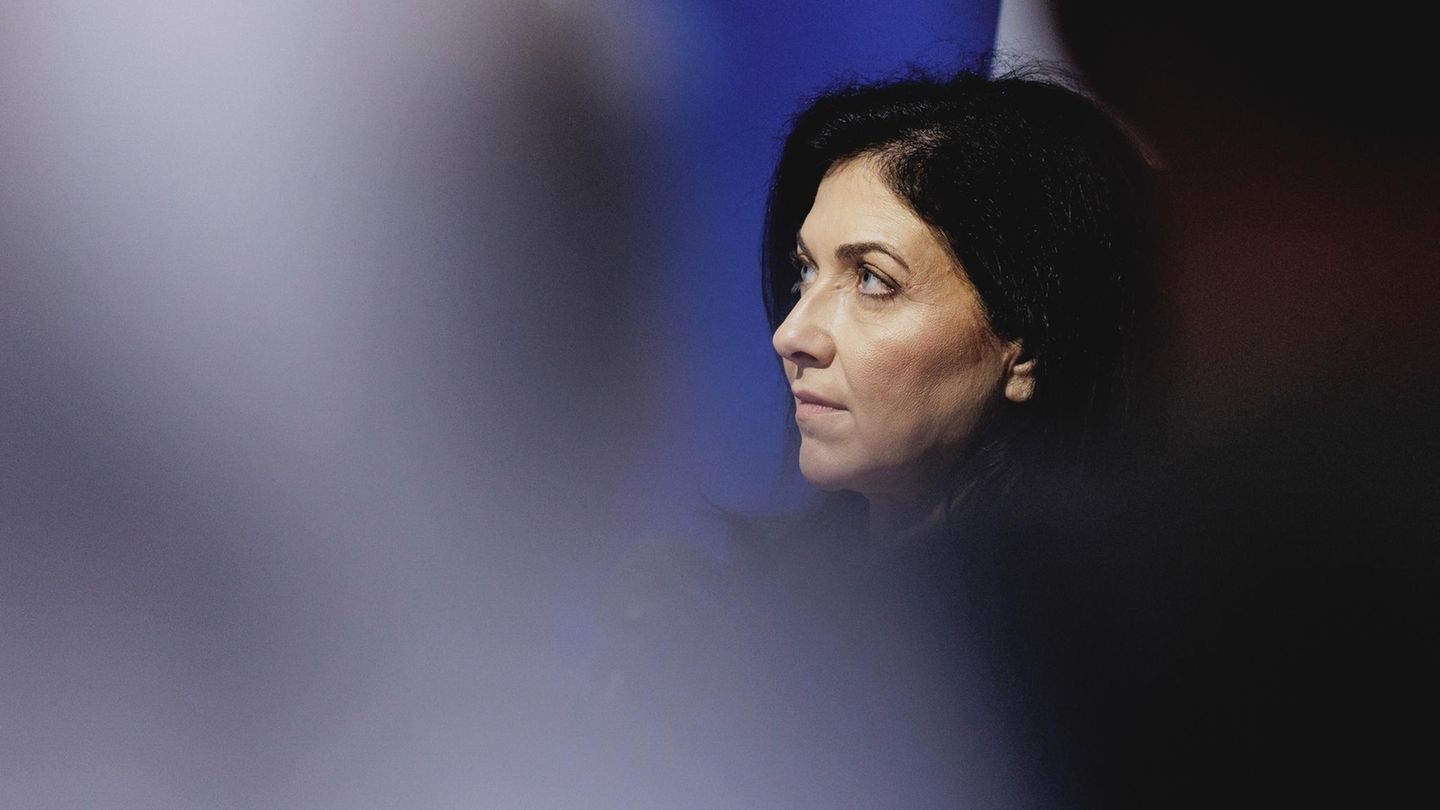The Federal Minister of Economics absolutely wants to build a lot of gas power plants, although there is a risk of enormous follow -up costs. Why this retro policy is harmful to Germany and the energy transition.
I have been traveling in Norway in the past few weeks. The residents are visibly disturbed because the summer there gets hotter there from year to year. For days well over 30 degrees in the Skiparadies Lillehammer, while Germany reached hardly 20 degrees. Nothing is as it was, many residents complain. The average temperatures are sometimes ten degrees above the long -term average. It is also extremely dry. The gigantic glaciers rope.
The approval of the energy transition melts there
Back to Germany. Energy policy and climate protection have become as irrelevant there as they have not been in 30 years. During the energy transition, the government is taking reverse gear after years of the cruise control. Among the population, the acceptance of green energy melts like the Scandinavian glaciers.
After years of overwhelming approval, supporters and opponents only balance in the surveys. This is highly questionable – regardless of the climate sequences. Because the republic is on an economic crossing path: Where we are now turning in terms of energy supply, our economic and financial strength will influence far more dramatic than the amount of the civil allowance or the mother’s pension in the coming decades.
Federal Minister of Economics Katherina Reiche is one of the brakes on the green path. Contrary to all criticism, the CDU politician insists on having new gas power plants built with up to 20 gigawatts. They should step in when the wind does not blow and the sun does not shine.
Reiche relies on technology that not only requires expensive fuels, but also devours billions in subsidies because these reserve power plants will rarely run and the operators have to be compensated for mere provision. Incidentally, the so-called dark downs occurred in the past at most once to nine times a year and took an average of 70 to 100 hours.
© Bernd Weißbrod
Rich retro posture now even leads to resistance from your own ranks. The “climate saunion”, in which members of the CDU and CSU work for consistent climate protection, openly contradicts her.
The critics also refer to a new study by the specialist Conenergy. The consulting company considers gas power plants to be suitable to close all supply gaps. However, they are far too expensive and inflexible. With climate-friendly battery storage, pumped storage power plants, biomass and hydrogen power plants, the protection is also safe but cheaper, the study argues.
Gas power plants will put a financial impact on coming generations
Against the background of such analyzes, it is high time that the former Eon gas manager Reiche rethinks her strategy and does not make irreversible decisions that charge the upcoming generation of further immense costs. Because the assertion that the conversion to green sources drives up the energy costs is and remains nothing more than an AfD fairy tale.
In fact, all reputable studies show that electricity and heat are already significantly more expensive today, we have fewer green power plants in the system. According to the International Agency for Renewable Energies, Germany saved over 14 billion euros in 2024 alone in 2024 because it had to import fewer fossil fuels.
According to the agency’s figures, large solar and photovoltaic systems deliver cheaper electricity than fossil producers in almost all constellations. Wind power on land provides it for 3 cents per kilowatt hour, PV for 4 cents, hydropower for 5 cents. Gas costs at least double, coal triple.
Nothing is cheaper than wind and sun power
Example Norway: The country draws its immense wealth from gas and oil exports. At the same time, the residents use almost 100 percent water, sun and wind power to operate their many electric cars and heat pumps. The average electricity price for private households is around 19 cents; Depending on the region and time of day, it also falls to 3 cents. In Germany it is 35 cents. A role model for us?
Perhaps Katherina Reiche should visit Norway again to avert damage from the German people. No longer as a gas manager, but as a responsible minister for a large economy, the costs of which are already going out of hand.
Source: Stern
I have been working in the news industry for over 6 years, first as a reporter and now as an editor. I have covered politics extensively, and my work has appeared in major newspapers and online news outlets around the world. In addition to my writing, I also contribute regularly to 24 Hours World.




